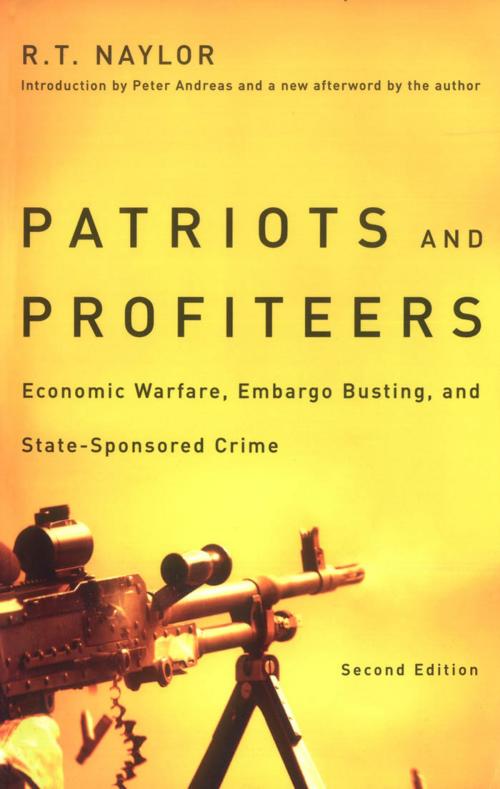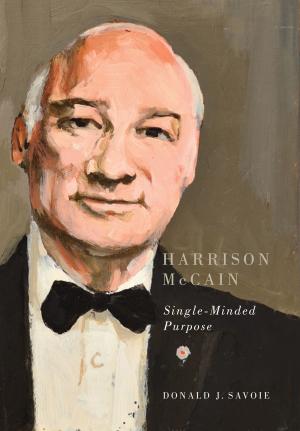Patriots and Profiteers
Economic Warfare, Embargo Busting, and State-Sponsored Crime
Nonfiction, Social & Cultural Studies, Political Science| Author: | R.T. Naylor | ISBN: | 9780773578074 |
| Publisher: | MQUP | Publication: | October 16, 2008 |
| Imprint: | MQUP | Language: | English |
| Author: | R.T. Naylor |
| ISBN: | 9780773578074 |
| Publisher: | MQUP |
| Publication: | October 16, 2008 |
| Imprint: | MQUP |
| Language: | English |
Almost everyone assumes that by enforcing trade sanctions and arms embargoes, modern democracies make tin-pot dictators and rogue states mend their ways - that the application of economic pressure is easily the most effective way to curb aggression and encourage respect for human rights. R.T. Naylor demonstrates that economic warfare fails almost everywhere it is attempted, and that even when it succeeds, it has consequences that are not only unintended, but also frequently the precise opposite of their advertised result. For instance, embargoes drove Cuba into the awkward embrace of the Soviet Union. Everywhere that economic pressures have been used to either replace or augment military actions, the result has been confusion leading to criminality. From east to west, from before WWI to the recent confrontations with Pakistan, Bosnia, and Iraq, the legacy of economic warfare has been money laundering, gun-running, drug smuggling, and evasion of the rule of law. Naylor's approach is at once epic and anecdotal. His survey is populated by a bizarre underworld of warriors and smugglers, gangsters and spies, whose singular careers would be comic if they weren't absolutely real.
Almost everyone assumes that by enforcing trade sanctions and arms embargoes, modern democracies make tin-pot dictators and rogue states mend their ways - that the application of economic pressure is easily the most effective way to curb aggression and encourage respect for human rights. R.T. Naylor demonstrates that economic warfare fails almost everywhere it is attempted, and that even when it succeeds, it has consequences that are not only unintended, but also frequently the precise opposite of their advertised result. For instance, embargoes drove Cuba into the awkward embrace of the Soviet Union. Everywhere that economic pressures have been used to either replace or augment military actions, the result has been confusion leading to criminality. From east to west, from before WWI to the recent confrontations with Pakistan, Bosnia, and Iraq, the legacy of economic warfare has been money laundering, gun-running, drug smuggling, and evasion of the rule of law. Naylor's approach is at once epic and anecdotal. His survey is populated by a bizarre underworld of warriors and smugglers, gangsters and spies, whose singular careers would be comic if they weren't absolutely real.















